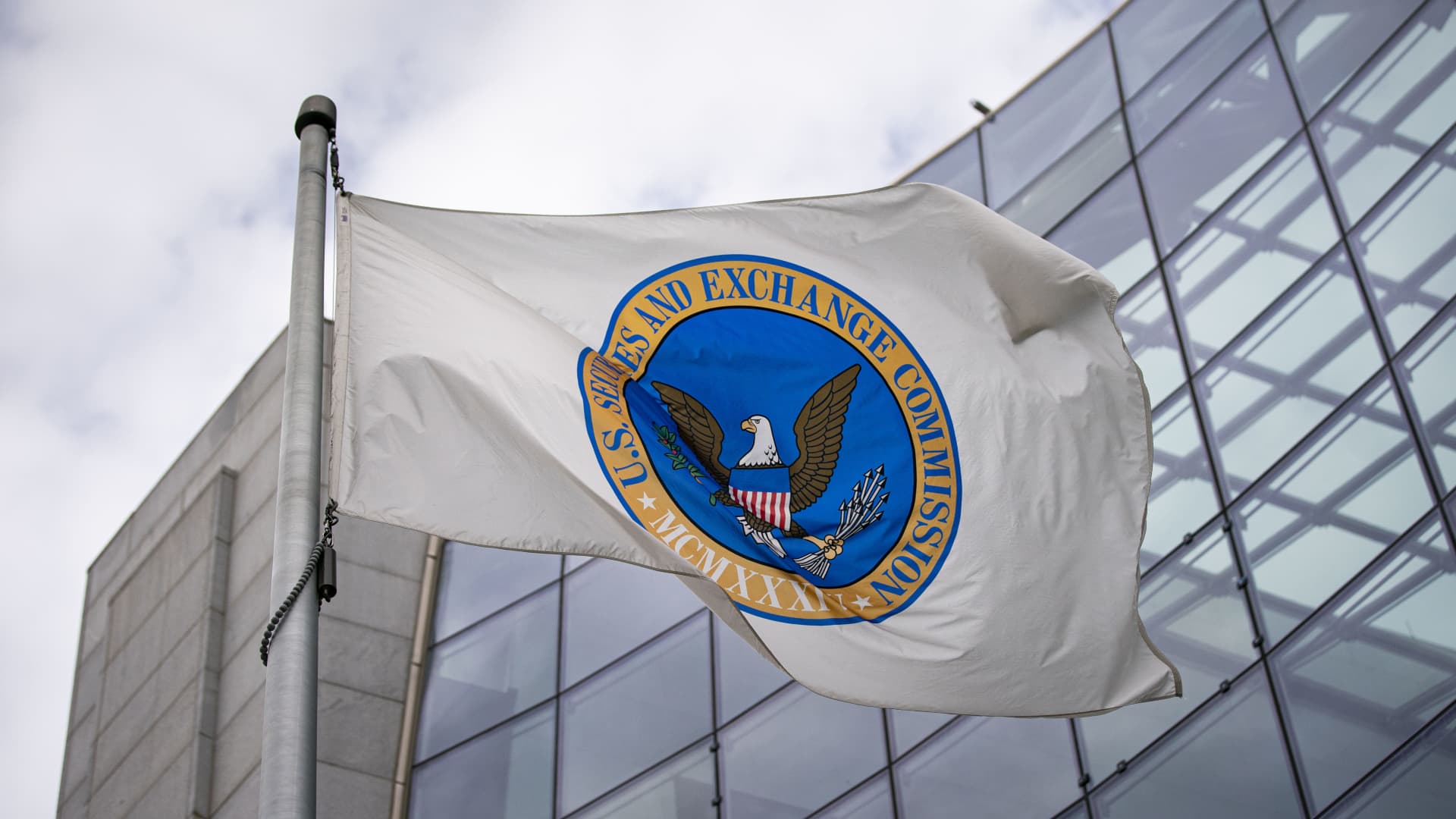The United States Securities and Exchange Commission (SEC) has implemented new regulations, effective February 6, redefining the terms “dealer” and “government securities dealer.”
Initially proposed in 2022, these regulations mandate additional crypto market participants to register, join self-regulatory organizations, and adhere to federal securities laws.
However, the crypto community, decentralized finance (DeFi) ecosystem, and pro-crypto politicians have criticized these regulations extensively.
They argue that since the regulations were first proposed, there has been a lack of clarity regarding the classification of crypto securities.
The primary point of contention lies in the definition of a dealer, potentially necessitating liquidity providers to register as securities dealers.
Consequently, any liquidity provider controlling over $50 million in capital would be obligated to register with the SEC.
SEC Commissioner Hester Pierce expressed her dissent in an official statement, citing the inconsistency of the dealer definition with the statutory framework and its adverse effects on market behavior and quality.
She emphasized that these regulations not only harm liquidity providers but also penalize liquidity provision, leading to a reduction in overall market liquidity.
READ MORE: South Korean Prosecutors Arrest Haru Invest Executives in $830 Million Crypto Theft Scandal
Various figures within the DeFi sector and crypto domain have echoed concerns over these regulations on social media.
Gabriel Shapiro, general counsel at Delphi Labs, highlighted uncertainties surrounding the dealer registration requirements and their impact on liquidity providers.
According to Shapiro, not all liquidity providers with $50 million assets under management qualify as securities dealers.
The determination depends on whether the tokens in the pool or the trades facilitated through the pool are classified as securities.
Bill Hughes, senior counsel and director of global regulatory matters at Consensys, stressed the importance of clarity regarding the classification of crypto assets under U.S. law.
He anticipates legal challenges to the new rules, emphasizing the significant impact they have on the securities markets.
Moreover, the SEC’s reluctance to provide clear crypto regulations despite persistent demands from the community and policymakers has drawn criticism.
Ripple, Grayscale, and Coinbase have all challenged the SEC’s actions in court, indicating a broader pushback against regulatory ambiguity.
Experts suggest that the recent regulations targeting liquidity providers may also face judicial scrutiny in the future.
Discover the Crypto Intelligence Blockchain Council




